University of Toronto students established a protest encampment in solidarity with Palestine on Thursday morning, as part of a string of similar actions that have taken place at university campuses across North America, including six in Canada.
Approximately 150 students set up more than 50 tents at the university’s King’s College Circle. Throughout the day, the protest was peaceful. The students read books and newspapers, studied for assignments, rested in tents, enjoyed picnics, played soccer, and sang cultural songs.
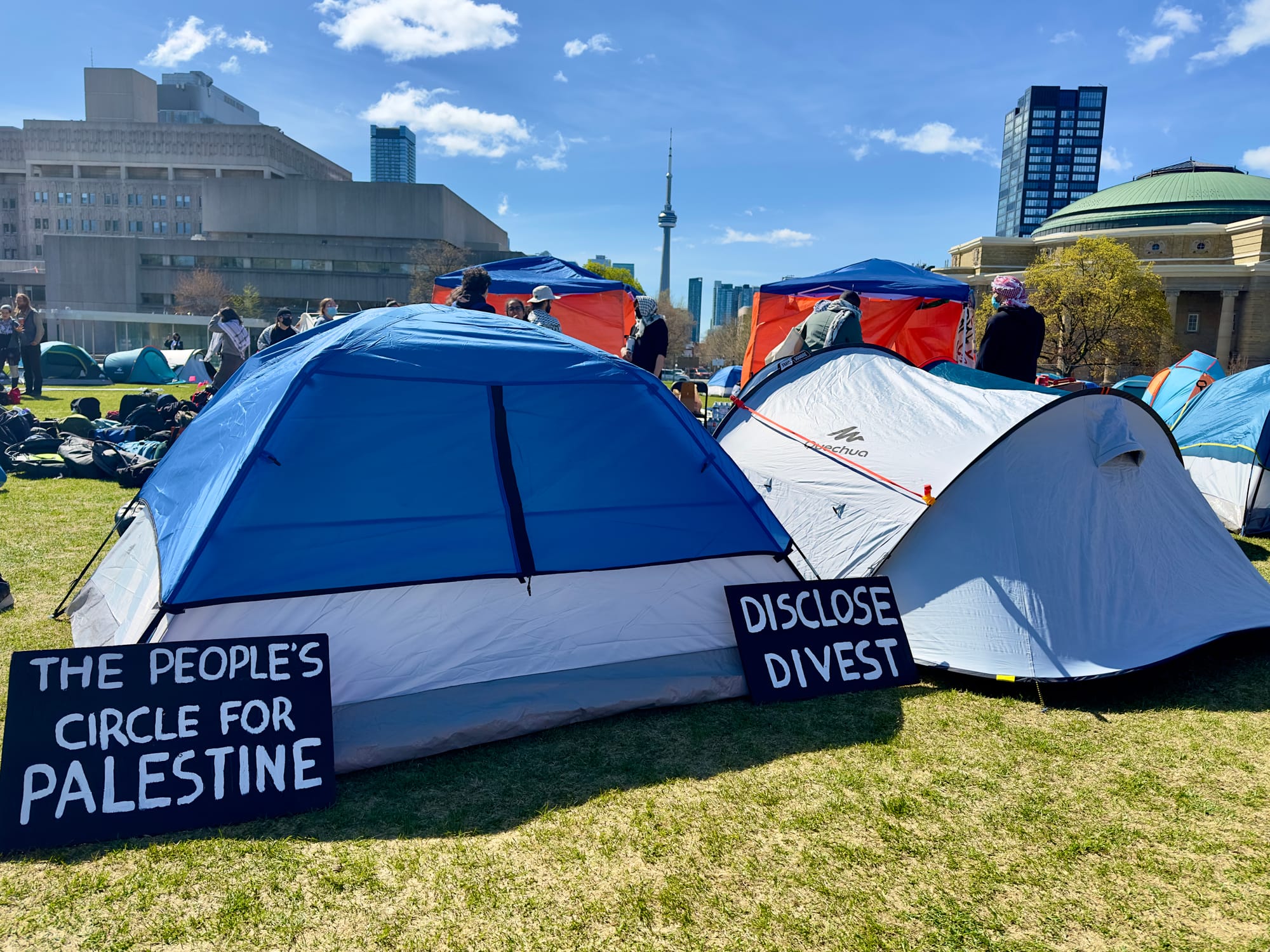
The students’ key demands included calling on the university to disclose its financial holdings, and divestment from any companies that contribute to “upholding the occupation of Palestine.”
The students also called on the university to cut ties and partnerships with any Israeli academic institutions that operate in the Occupied Palestinian Territories “or sustain the apartheid policies, occupation and illegal settlement of these territories.”
The students published their demands to the university administration last month.
On April 1, around 20 students occupied the university’s Simcoe Hall for two days. University President Meric Gertler met with the students and rejected their demands.
A student and encampment organizer, whose name is being withheld for their safety, said the students set up the encampment this week after exhausting all other available communication channels with the university administration. The organizer said they would not tolerate the university investing their tuition money in Israel’s genocide in Gaza.
A few hours after the encampment began, the university issued a written warning stating that “no structures of any sort – tents, shelters etc. – may be erected,” and that “protesting will not be permitted after 10 p.m.”
“It is shameful,” the student organizer said of the statement. “Our right to free speech does not expire at 10 p.m., and there’s no curfew on free speech.”
Some faculty members visited the encampment to support the students.
“Students are engaged in protests that are non-violent,” Chandni Desai, an assistant professor in critical studies of equity and solidarity, told The Maple. “They are peaceful, and they are exercising their right to academic freedom and their right to free speech that is outlined in the university’s institutional policy.”
Ontario Premier Doug Ford called on the students to refrain from interrupting campus activities.
“Don’t interrupt the students from learning. We just support our students, so let them learn and just don’t cause any problems, that’s all I ask,” Ford told reporters on Tuesday.
At the beginning of the week, the university fenced off the area that would become the encampment zone, and issued a statement citing “temporary closure” for convocation, adding that the closure was due to “concerns about unauthorized activity.”
In an email sent to all students on April 28, the university administration said: “U of T’s lands and buildings are private property, though the University allows wide public access to them for authorized activities. Unauthorized activities such as encampments or the occupation of University buildings are considered trespassing.”
In an open letter published on April 30, the University of Toronto Faculty Association (UTFA) said: “The weaponizing of property rights to prohibit free speech on campus is unprecedented at the University and is of grave concern to the Association.”
“A fence is not going to stop us not wanting to contribute to genocide,” the student organizer said.
“They are demanding attention on the genocide in Gaza, and they are thinking about the International Court of Justice’s landmark ruling that’s suggested [...] that Israel was plausibly committing genocide,” Desai noted.
Counter-Protesters Show Up
A small group of counter-protesters that included individuals identified as being members of the “Jewish Defense League” — a violent far-right organization that is listed as a terrorist group in the United States — showed up with Israeli flags at around 4 p.m.

A group of students prevented the counter-protesters from entering the encampment area. They left the campus after approximately one hour.
Jewish anti-Zionists were also present at the encampment. Chelsey Lichtman, a member of the advocacy group Jews Say No to Genocide, said that they wanted to raise awareness about the fact that Israeli forces have killed 35,114 Palestinians in Gaza.
“As a Jew, I am here to show my support to the students,” Lichtman said.
Some media and politicians have labelled the student protests as “antisemitic,” a claim rejected by those at the Toronto encampment.
“I have not seen any antisemitic activity,” Lichtman said. “When I see a Palestinian flag or people that I know gathered around Palestine solidarity, I feel safe as a Jewish person.”
Desai said claims about antisemitism are used as a way to silence and repress expressions of support for Palestine. “There are a lot of Jewish people, students, faculty, staff, and other members that are supporting this encampment.”
On Thursday evening, approximately 1,000 solidarity demonstrators gathered outside the fence of the encampment to support the students. They chanted: “Disclose, divest, we will not stop, we will not rest.”
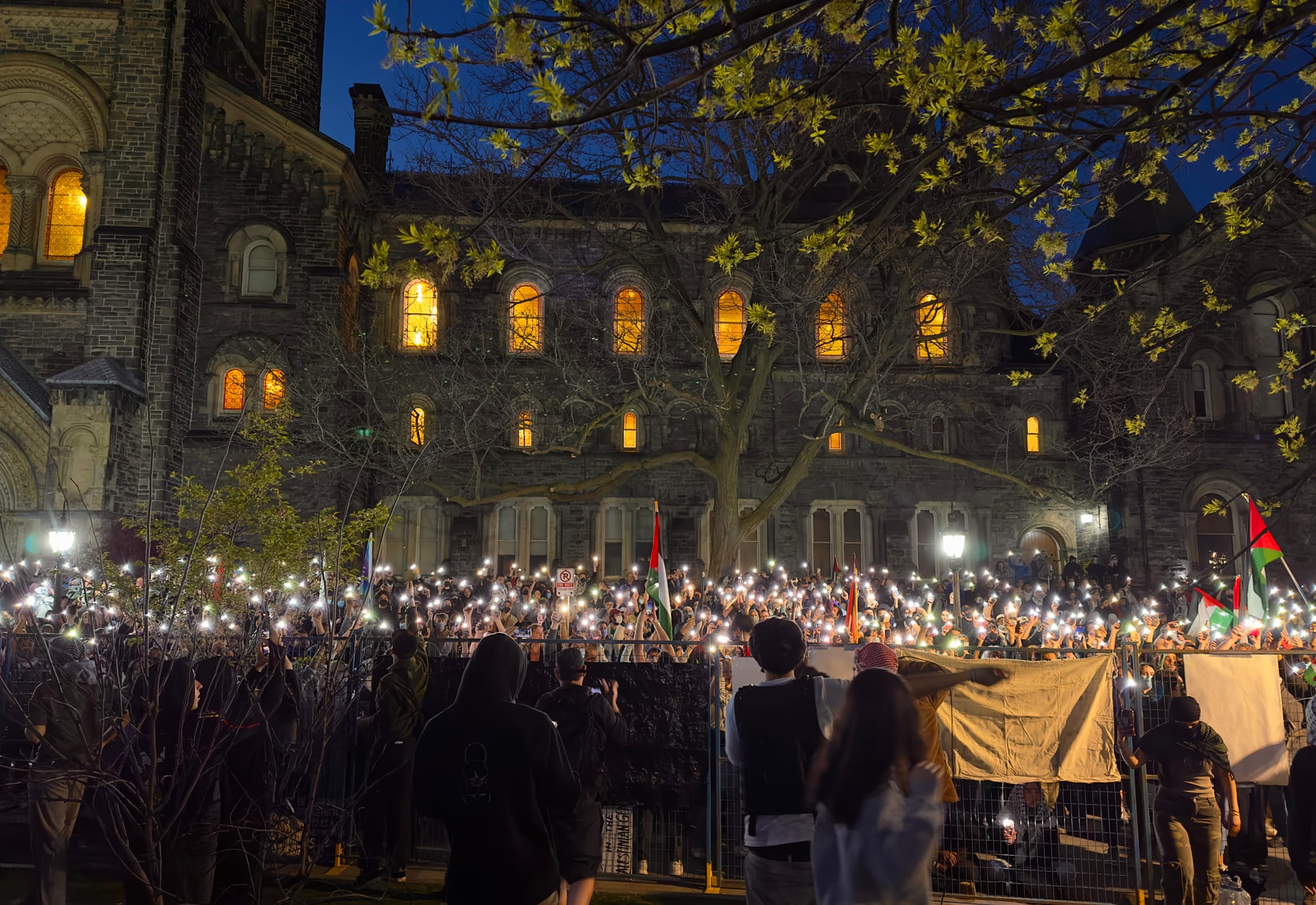
The crowd expected Toronto police to raid the camp after 10 p.m., the deadline specified in the university’s notice. But late at night, the university administration told encampment organizers they would not be removed — yet.
Nur Dogan is a Turkish-Canadian freelance journalist and photojournalist.




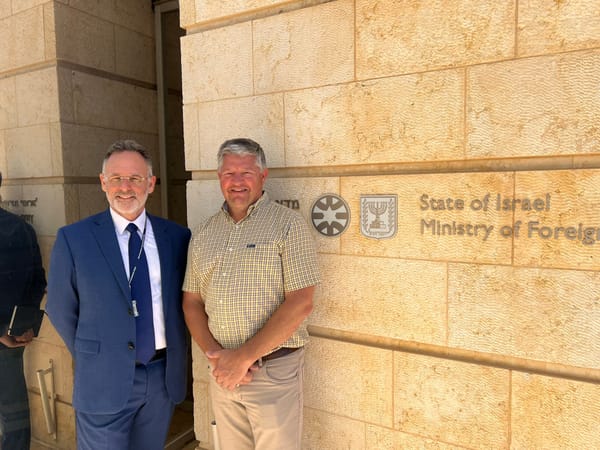
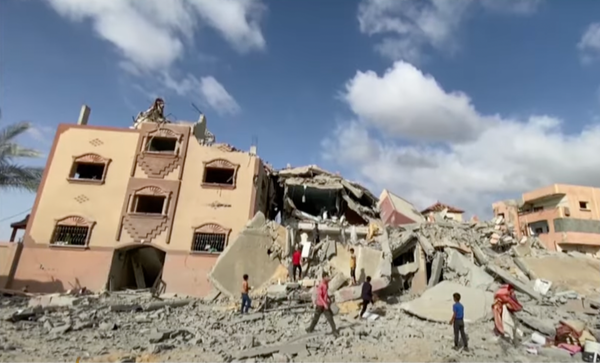
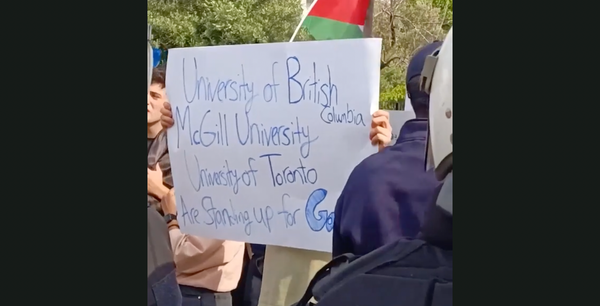
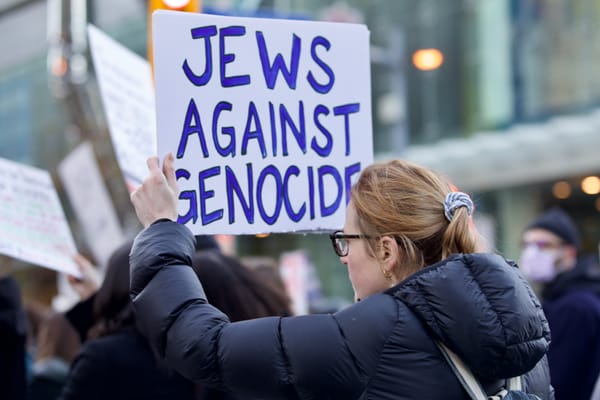
Member discussion